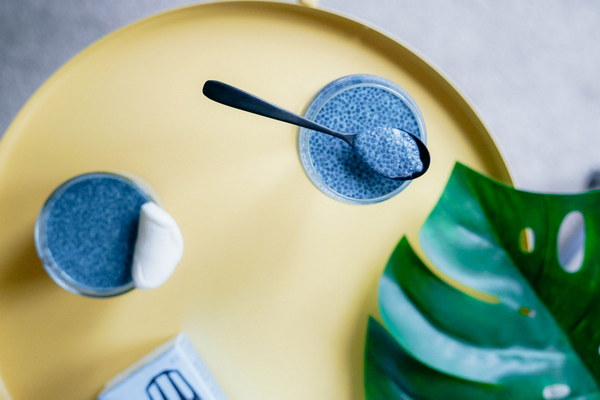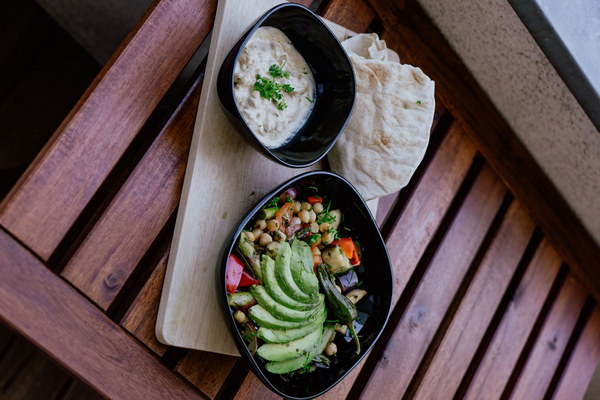PostHelicobacter pylori Eradication Nurturing Your Spleen and Stomach for Optimal Digestive Health
After successfully eradicating Helicobacter pylori, the bacteria responsible for stomach ulcers and other gastrointestinal issues, it's essential to focus on nurturing your spleen and stomach for optimal digestive health. The eradication process, while beneficial, can sometimes disrupt the balance of your digestive system. Here's a comprehensive guide on how to care for your spleen and stomach post-H. pylori treatment.
1. Adopt a balanced diet
A well-balanced diet plays a crucial role in maintaining a healthy digestive system. Incorporate a variety of foods, including fruits, vegetables, whole grains, lean proteins, and healthy fats. This will ensure you receive essential nutrients and fiber to support your spleen and stomach.
- Fruits and vegetables: High in vitamins, minerals, and antioxidants, these foods help reduce inflammation and support gut health.
- Whole grains: Rich in fiber, whole grains can help regulate bowel movements and improve gut microbiota.
- Lean proteins: Proteins like chicken, turkey, and fish provide essential amino acids to repair and strengthen your digestive system.
- Healthy fats: Avocado, nuts, and olive oil are great sources of healthy fats, which aid in the absorption of fat-soluble vitamins and maintain the integrity of your digestive tract.
2. Avoid trigger foods
Certain foods can irritate your stomach and spleen, leading to discomfort and inflammation. Common trigger foods include spicy foods, alcohol, caffeine, carbonated drinks, and high-fat foods. Minimize your consumption of these foods and opt for healthier alternatives.
3. Practice mindful eating
Mindful eating involves paying close attention to your eating habits and the sensations in your body while eating. This can help improve digestion by reducing stress and promoting better nutrient absorption. Focus on savoring each bite, chew thoroughly, and avoid distractions like watching TV or browsing your phone.

4. Regular exercise
Physical activity can help improve your overall digestive health by promoting the movement of food through your digestive system and reducing inflammation. Aim for at least 30 minutes of moderate exercise most days of the week, such as walking, cycling, or swimming.
5. Manage stress
Chronic stress can negatively impact your digestive system, leading to issues like irritable bowel syndrome (IBS). Practice stress-reduction techniques such as meditation, deep breathing exercises, yoga, or spending time in nature.
6. Consider herbal remedies
Some herbal remedies may help support your spleen and stomach post-H. pylori treatment. Consult with a healthcare professional before trying any new herbal remedies, as some can interact with medications or have side effects.
- Astragalus: This herb is believed to strengthen the immune system and support the spleen.
- Licorice root: Known for its anti-inflammatory properties, licorice root can help soothe an irritated stomach and spleen.
- Chamomile: This herb is known for its calming effect on the digestive system and can help alleviate symptoms of indigestion.
7. Monitor your progress
After completing the H. pylori treatment, keep a close eye on your digestive health. Pay attention to any new or worsening symptoms and consult with your healthcare provider if necessary.
In conclusion, nurturing your spleen and stomach post-H. pylori eradication is essential for maintaining optimal digestive health. By adopting a balanced diet, avoiding trigger foods, practicing mindful eating, engaging in regular exercise, managing stress, considering herbal remedies, and monitoring your progress, you can help ensure a smooth recovery and long-term digestive health.









